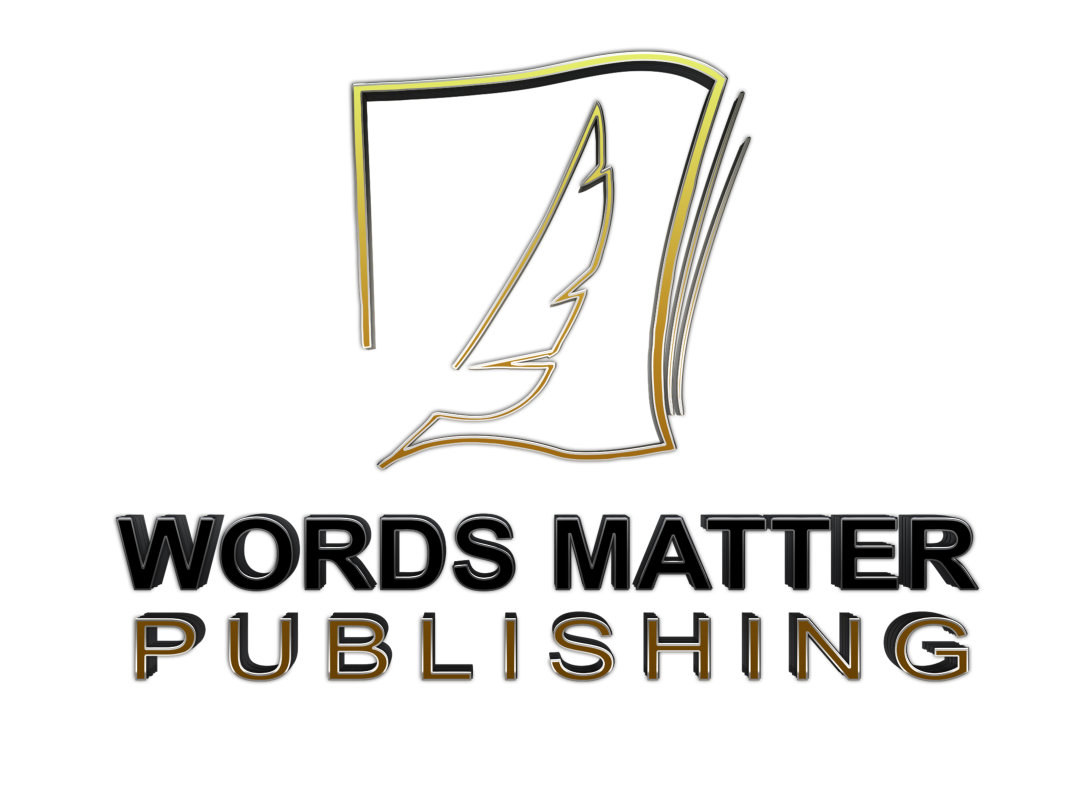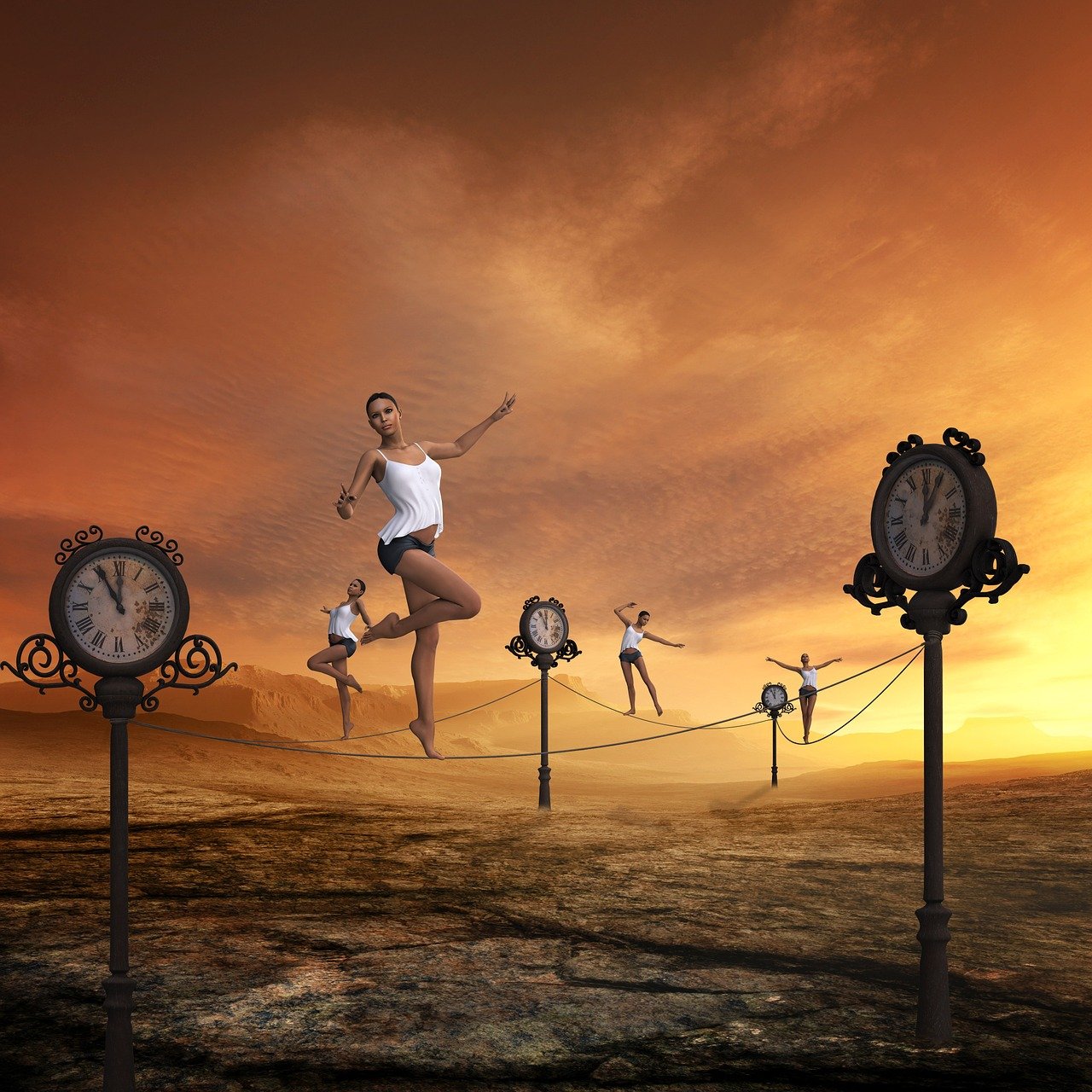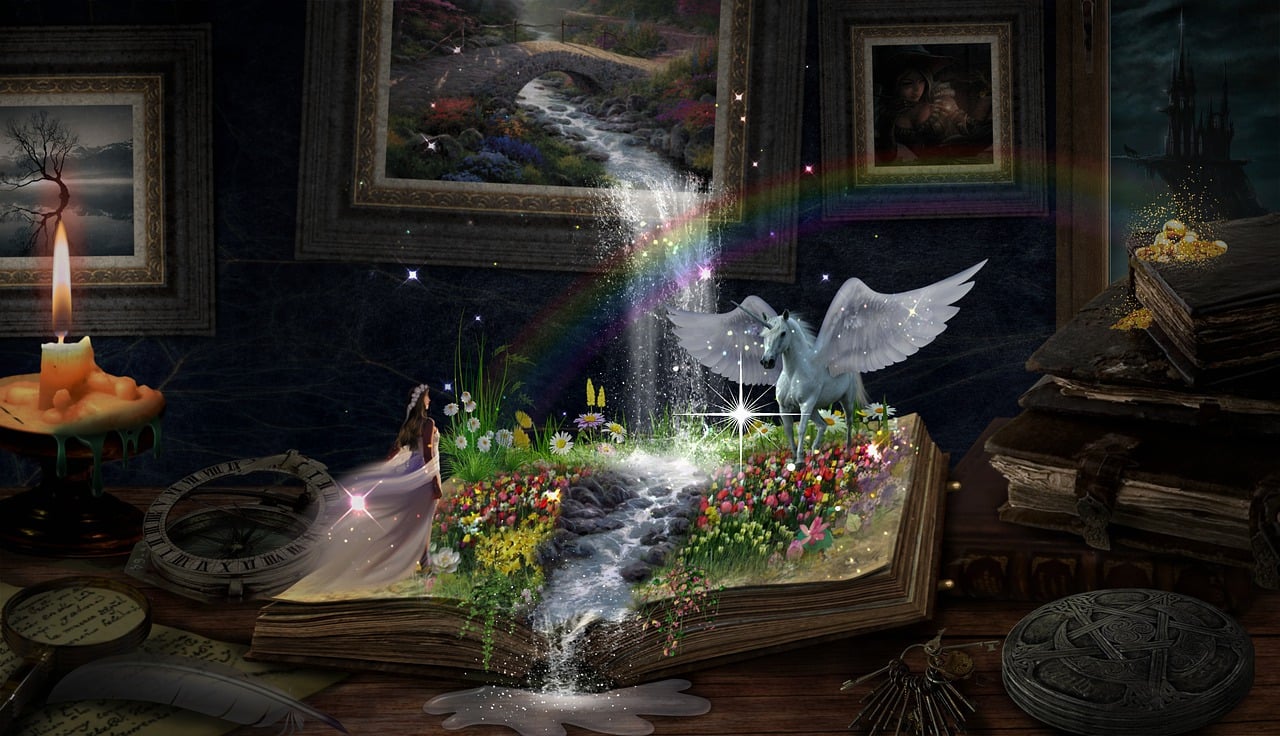
Crafting True Stories That Read Like Fiction Without Losing the Truth
Narrative nonfiction is where journalism meets literature. It’s the art of telling true stories using the techniques of fiction—scene, character, dialogue, and suspense—while staying loyal to the facts. From bestselling biographies to gripping true crime and immersive essays, narrative nonfiction pulls readers in and doesn’t let go.
If you want your nonfiction to be as engaging as a novel, but as trustworthy as a fact-checked article, this guide is for you.
Step 1: Choose a Story With Movement
Not all true stories make great narratives. Look for:
- A compelling character or central figure
- A clear timeline or arc of change
- Natural tension or conflict
- Themes that reflect bigger questions or truths
Whether you’re writing about a historical figure, a modern crisis, or your own experience, your story should go somewhere. Narrative = movement.
Step 2: Research as a Foundation
Before you write:
- Gather facts from primary and secondary sources
- Interview people when possible
- Build a detailed timeline of events
- Organize materials into scenes, themes, and turning points
Your research is the spine. Don’t bend it—but you can shape your prose around it.
Step 3: Structure the Story Like Fiction
Borrow fiction structure:
- Exposition: Who is this about? What’s at stake?
- Rising Action: Conflicts emerge, questions deepen
- Climax: A moment of major change or confrontation
- Falling Action: Repercussions and new understanding
- Resolution: Emotional closure or final insight
You can also use nonlinear structures (braided timelines, flashbacks) to create emotional resonance.
Step 4: Build Scenes, Not Just Summaries
Avoid dry reporting. Create cinematic moments using:
- Dialogue (based on transcripts or memory)
- Sensory detail (what did it look, smell, feel like?)
- Action (what actually happened in the moment?)
Example:
Instead of: “He was nervous during the interview.” Try: “He tapped his pen against the table, a steady tick-tick that didn’t stop even when the cameras rolled.”
Scenes immerse. Summary informs. Use both, but lean into scenes when it matters most.
Step 5: Develop Characters With Depth
Real people are complex. Show them that way:
- Include strengths, flaws, contradictions
- Let actions reveal personality
- Use quotes and anecdotes that bring them to life
Tip: Don’t decide who the hero or villain is too early. Let the facts shape your portrayal.
Step 6: Maintain Emotional Truth
You don’t have to fabricate or exaggerate to create impact. Instead:
- Show emotional responses
- Use metaphors and symbols that echo the theme
- Highlight contrasts (hope vs. despair, love vs. loss)
Honor the real emotions behind events—and give readers space to feel them.
Step 7: Balance Storytelling With Accuracy
This is nonfiction. Your readers expect truth.
- Avoid invented dialogue unless clearly reconstructed and noted
- Be transparent in an author’s note about creative liberties
- Cite sources when necessary
Use storytelling to enhance, not distort, the facts.
Step 8: Revise With Both Head and Heart
When editing:
- Check for emotional pacing and narrative tension
- Cut digressions that don’t serve the story arc
- Clarify the takeaway or theme
- Strengthen transitions between scenes
Ask: Does this feel alive? and Is this still true?
Final Thoughts: Let the Story Lead
Narrative nonfiction gives you the power to entertain and inform, to captivate and connect.
So do your research. Honor your sources. But let your storyteller’s instinct guide the rhythm, shape, and emotional impact of the work.
Because when truth is told with heart, it becomes more than information. It becomes story.












